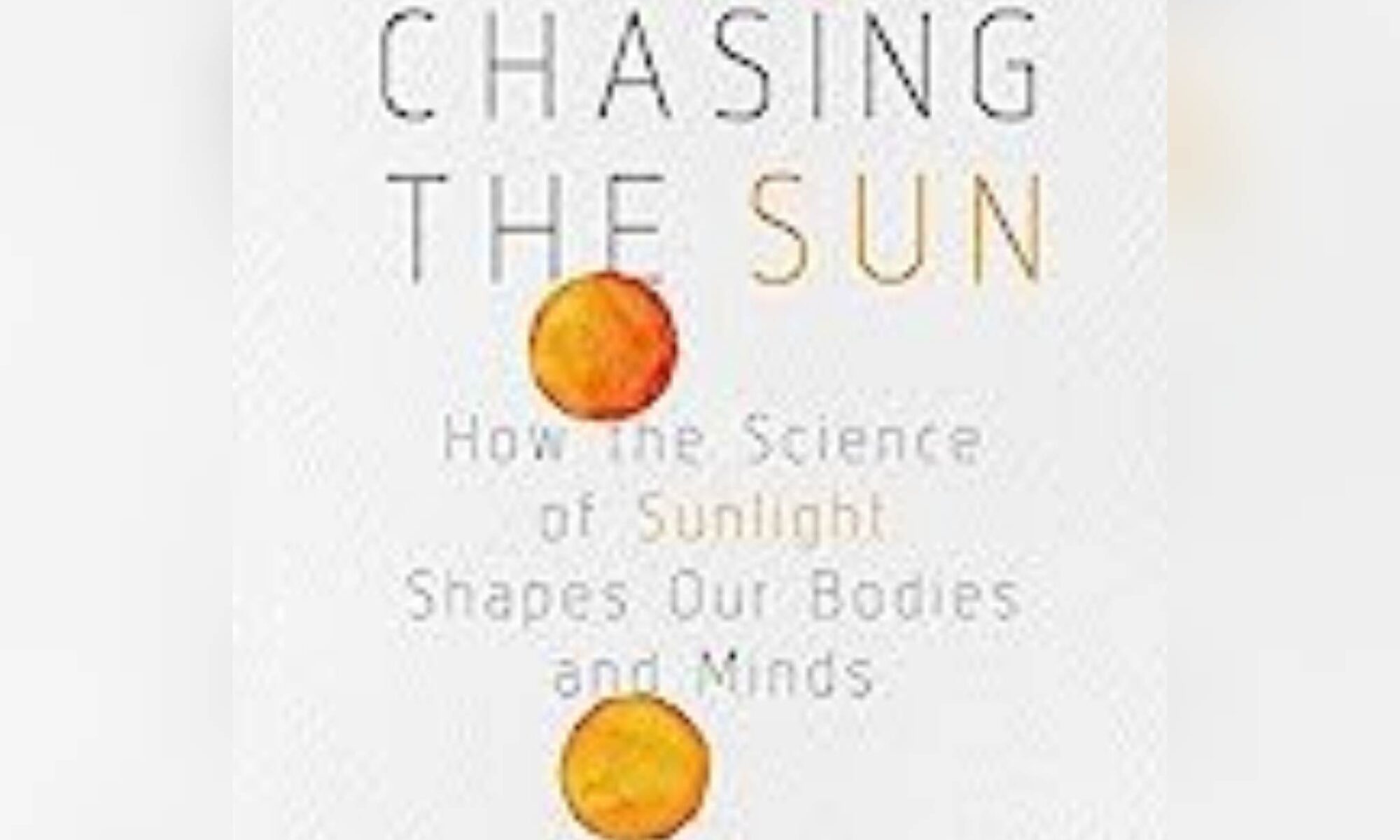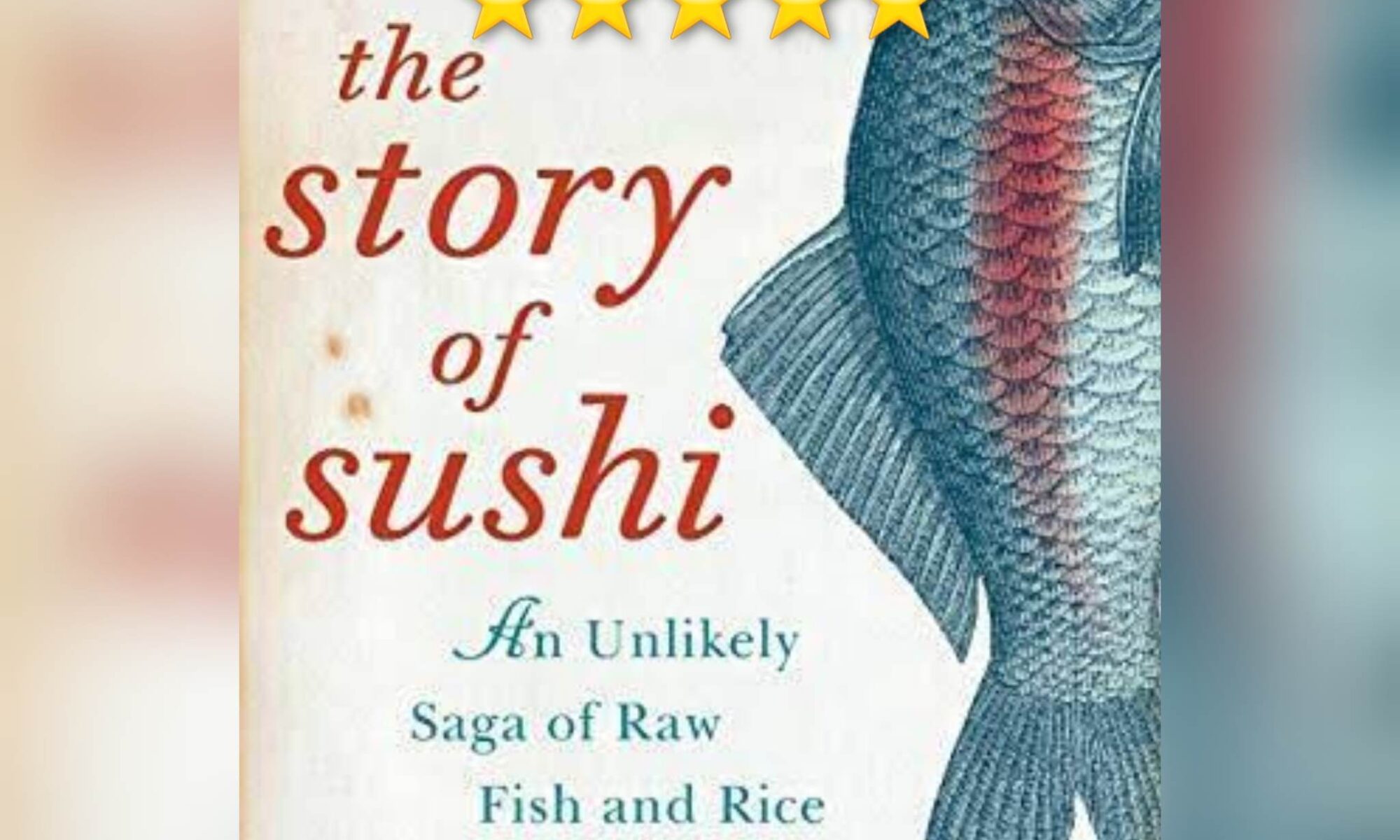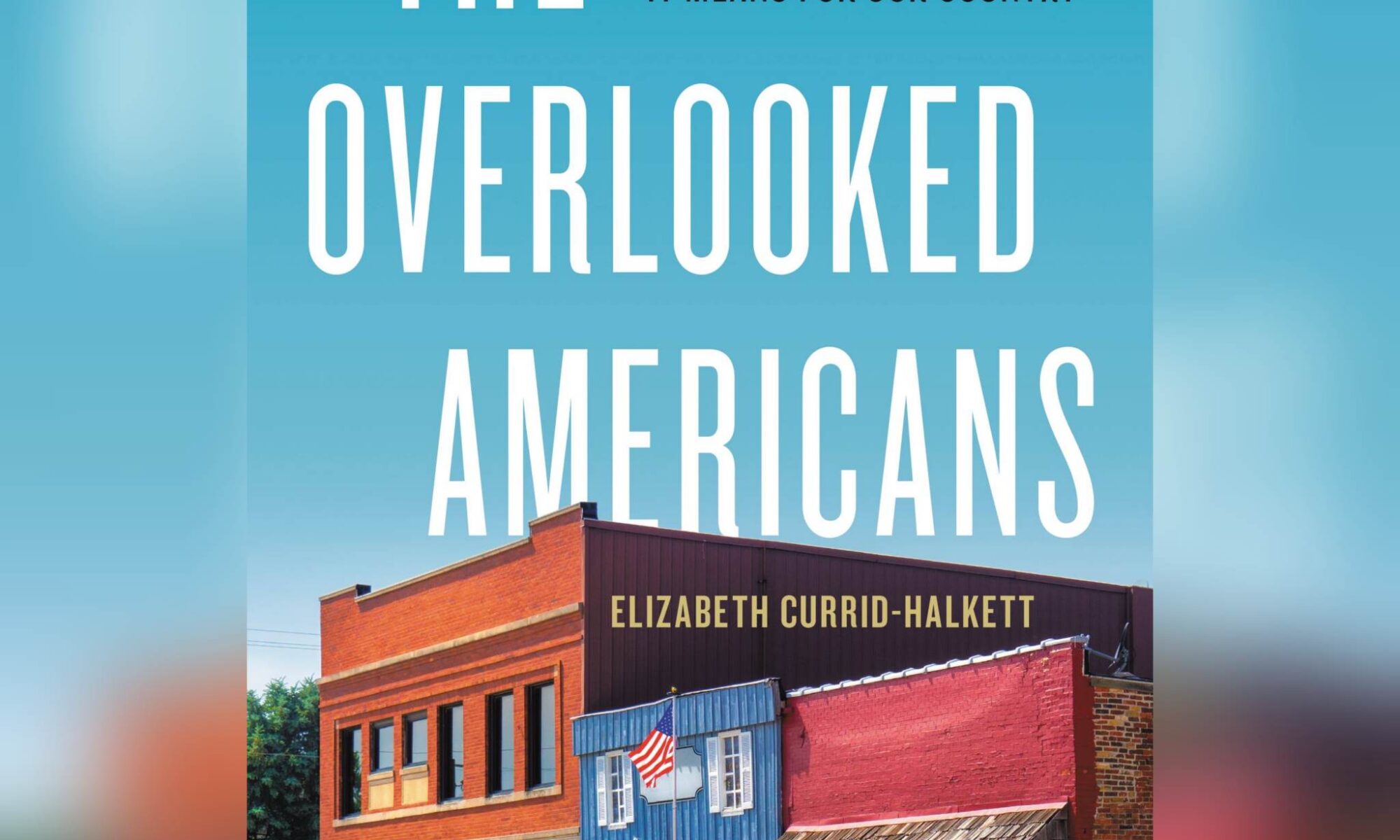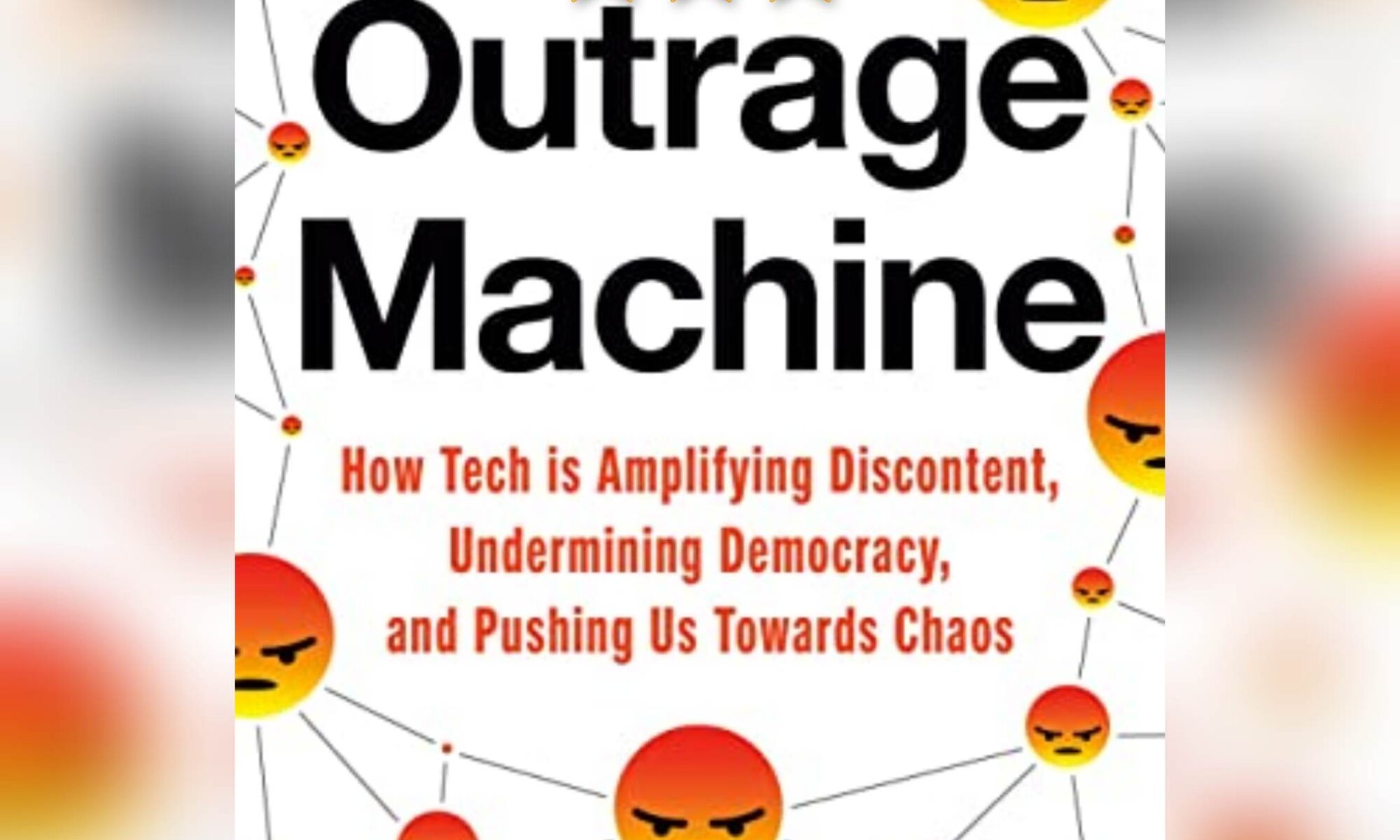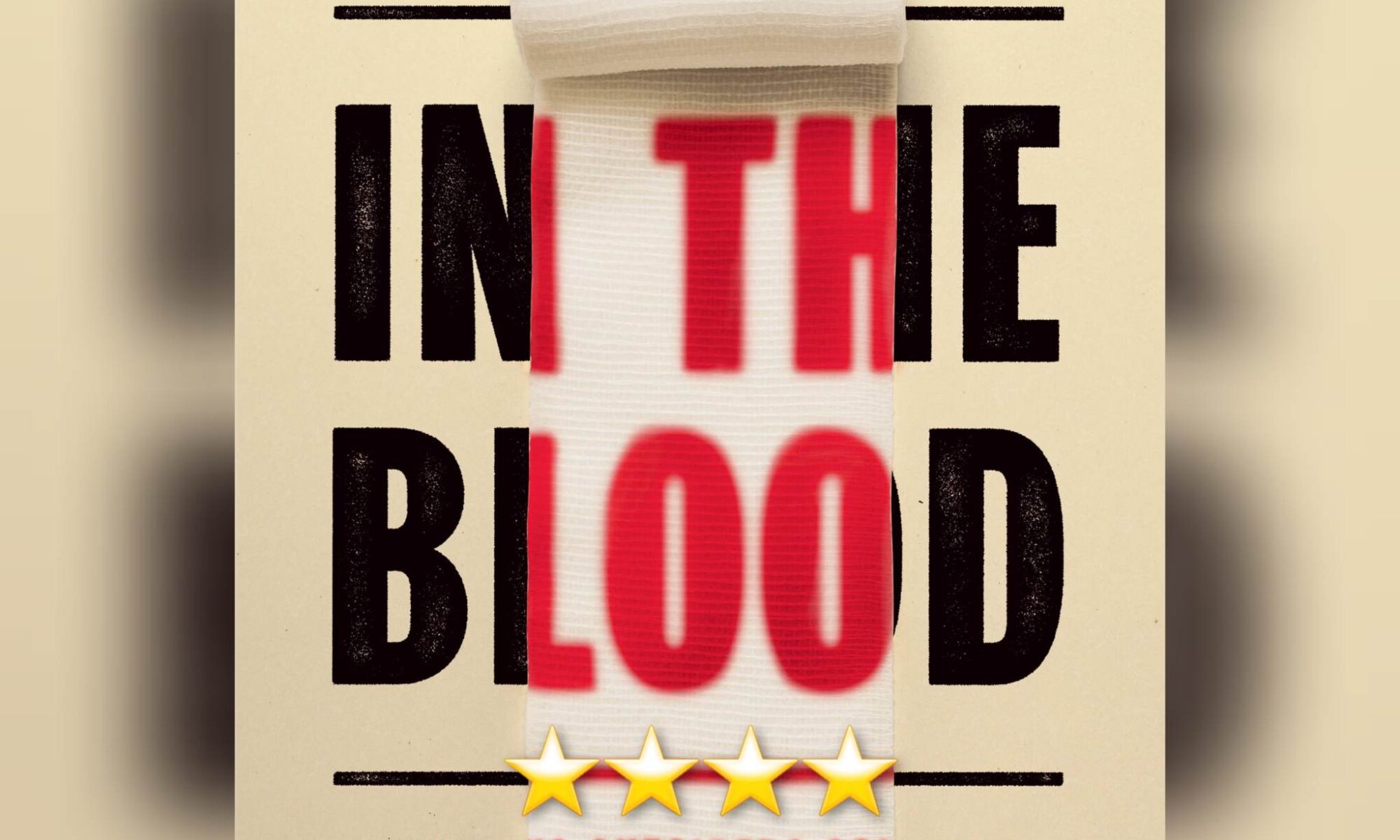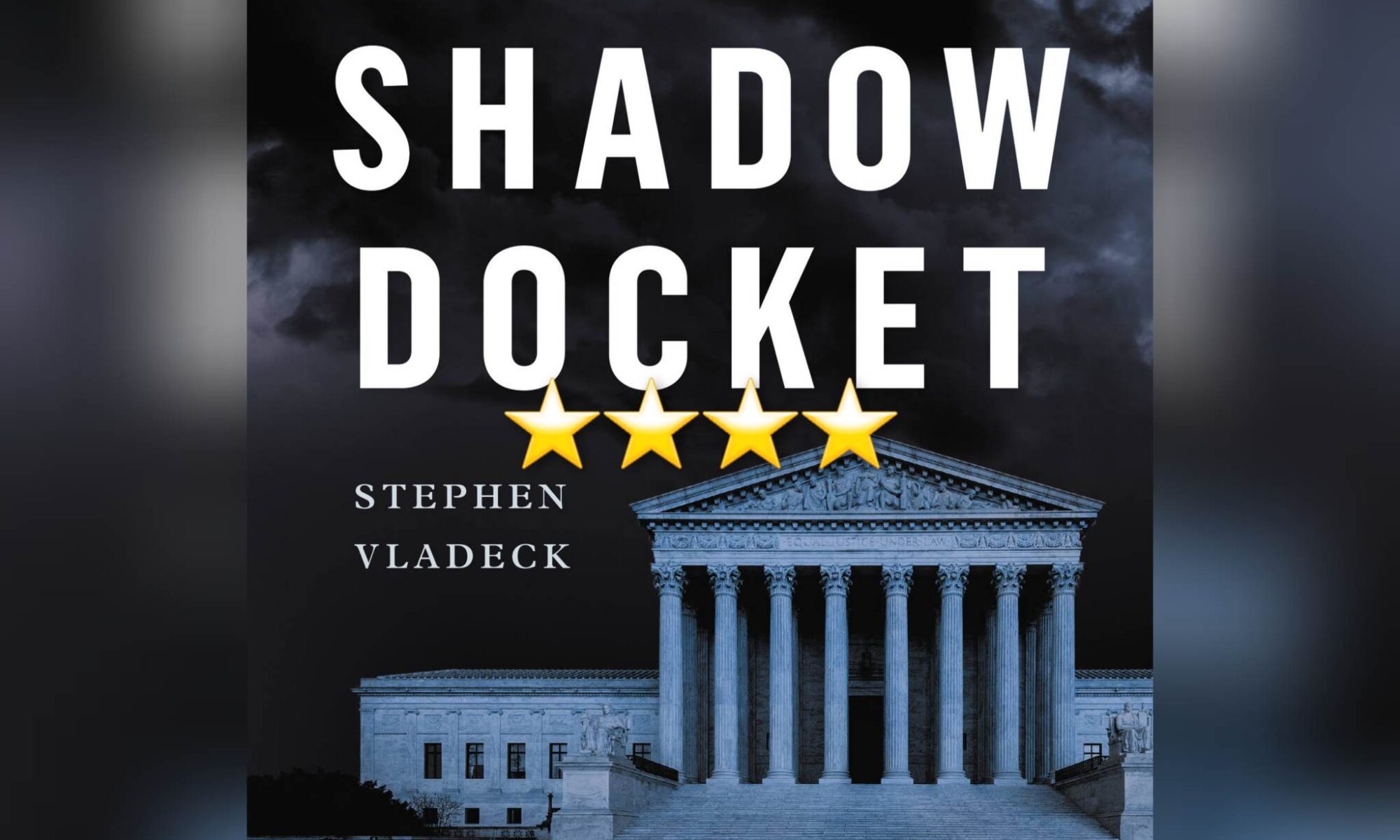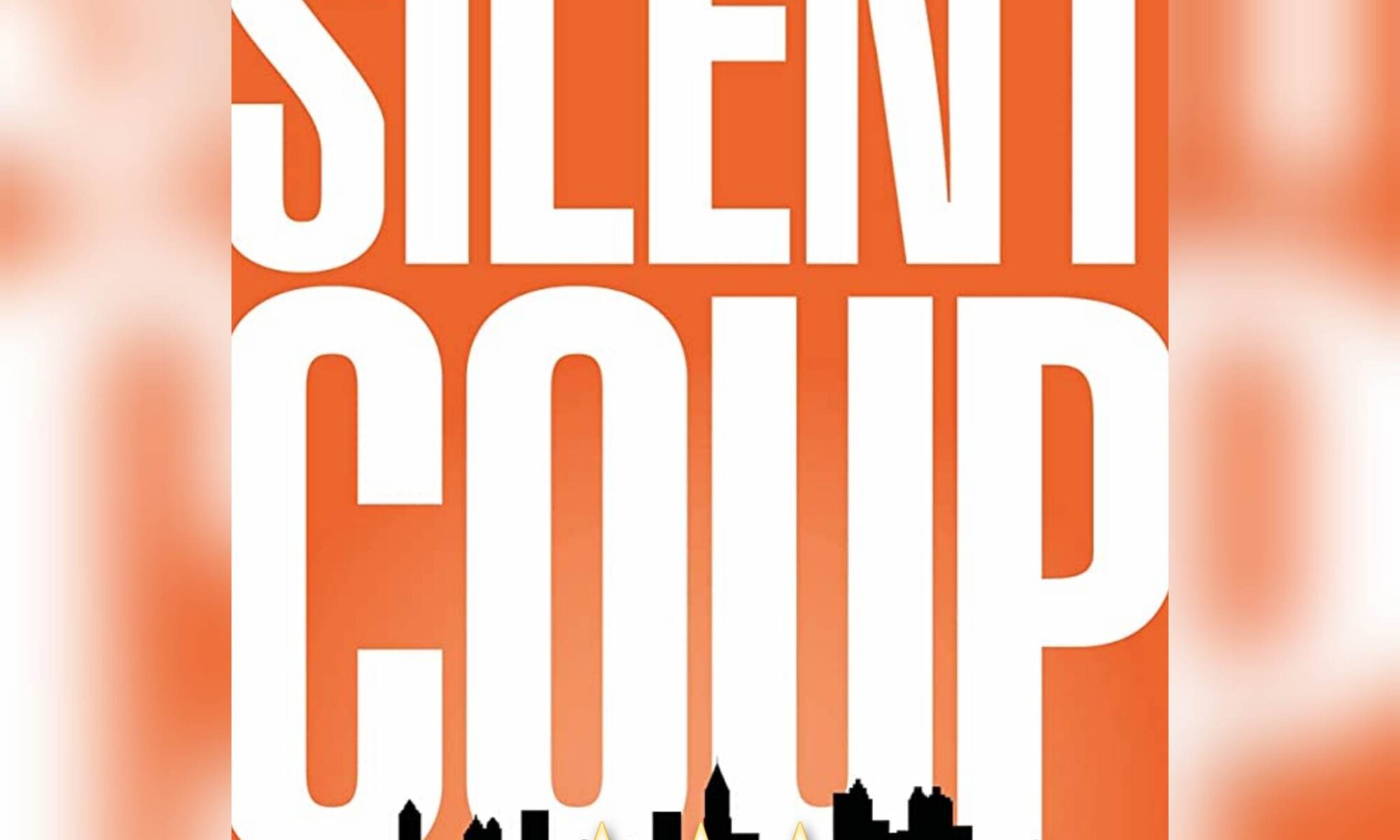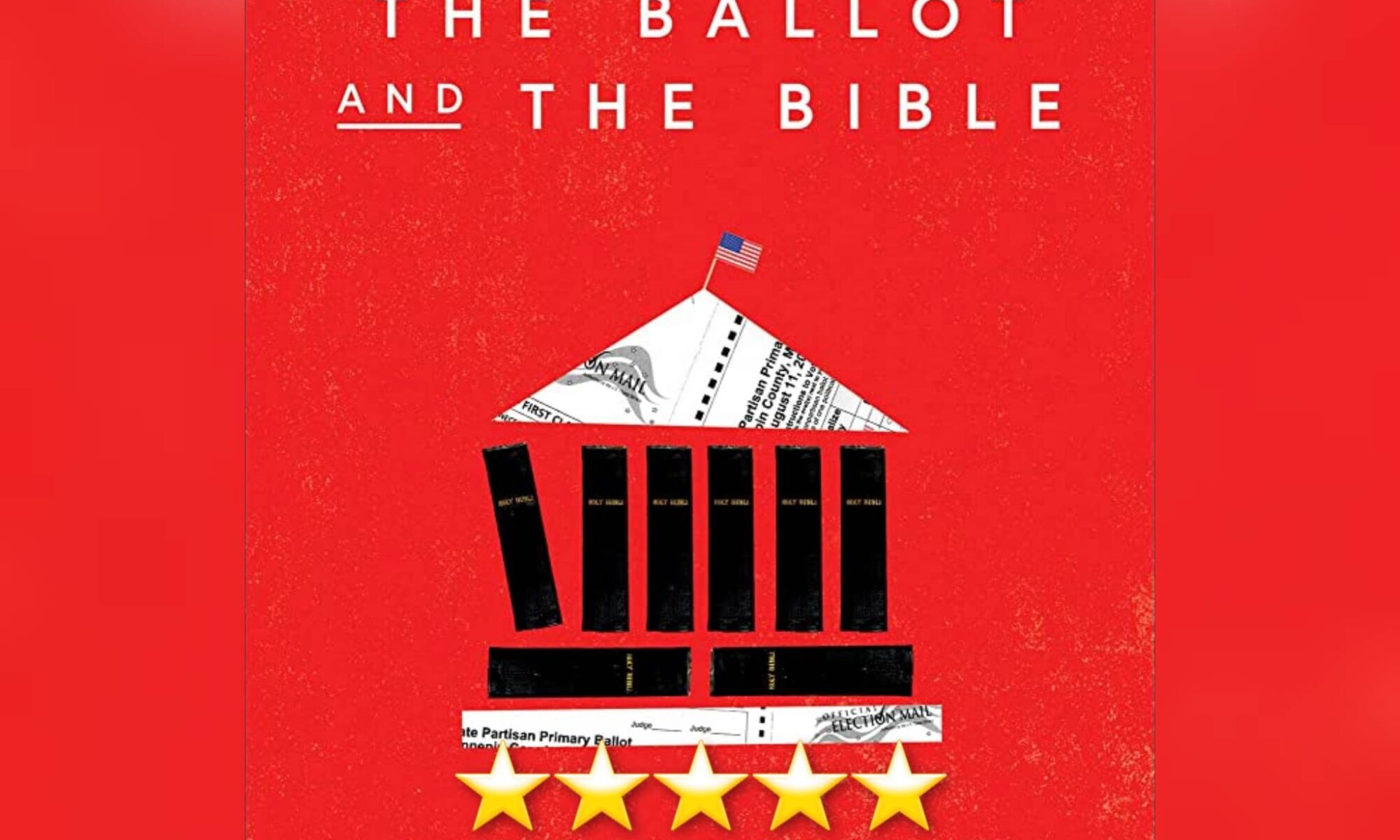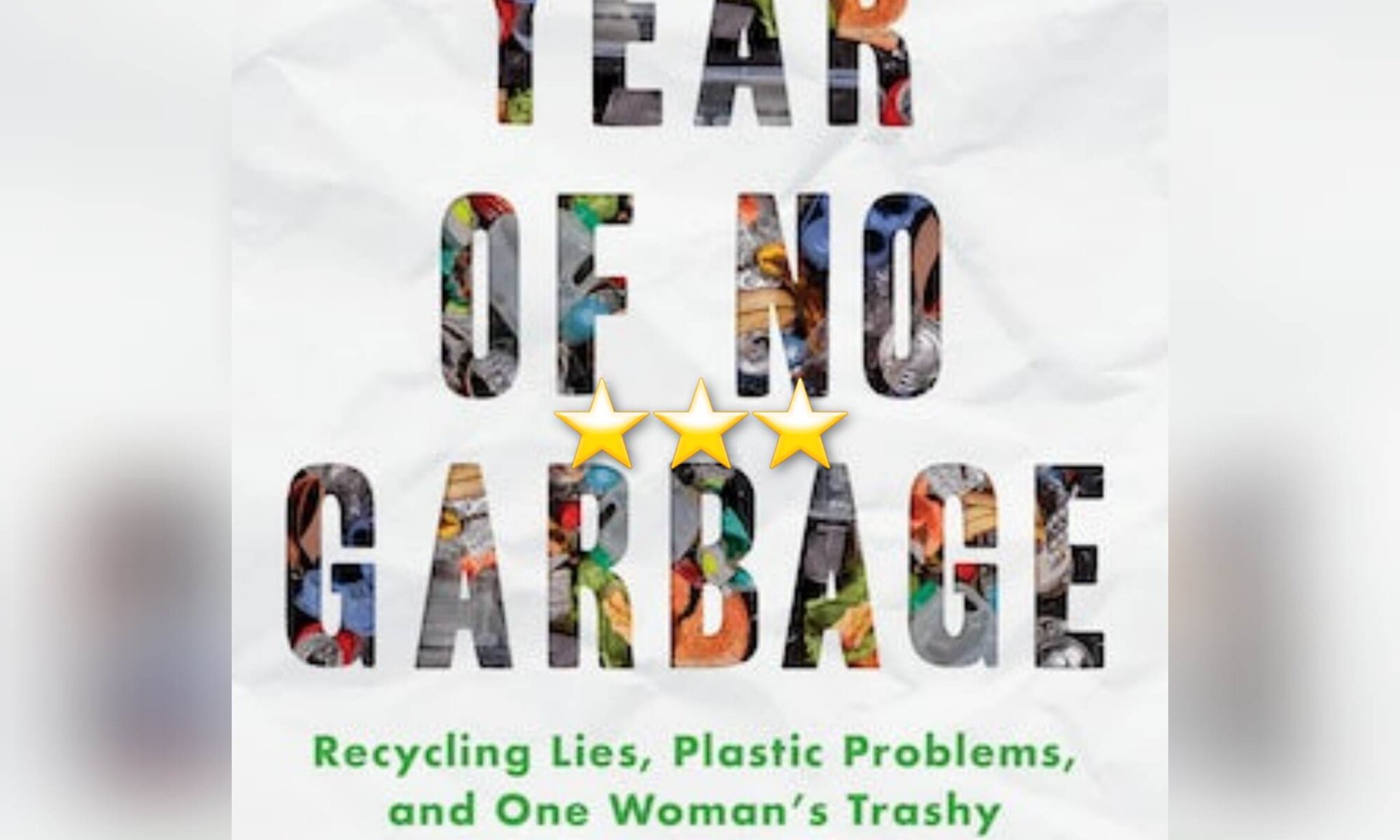Overt Racism And Extensive Elitism Mar Otherwise Intriguing Premise. In “shit sandwich” form, let’s start out with something good, shall we? The premise here, that peer groups affect behavior more than most other factors, is one that few sociologists – at least those I’ve seen in my 20+ years on the outskirts of that field – have openly espoused. Thus, this book was immediately intriguing and in fact had at least some promise here.
But then we get to the overt racism against anything white male and the extensive elitism in promoting New York City and in particular one particularly exclusive high school as the epitome of virtually everything, openly declaring multiple times that NYC is the cultural heart of the US, among several other elitist (and typical New Yorker) claims. The longer the text goes, the more and more overt the authors get in showing their anti-white male racist misandry, until finally at one point, after clearly establishing “cultures that are longstanding” and similar phrases to mean “white male”, the authors openly state “Cultures that are longstanding have a built-in legitimacy to them; to change them means that people inside and outside of that culture *have to see aspects of their identity, their culture, as illegitimate, as immoral, as wrong.*” (emphasis mine). Imagine the outcry if a white author had made the same statement in reference to virtually any other demographic – and *that* is my standard for detecting bigotry: invert the demographics involved. If there would be outcry, it is likely bigoted. Thus, one star is deducted for the overt racism in particular, and the other star is deducted for the pervasive elitism.
Finally, I can say that the bibliography being roughly 20% of the text was perhaps a touch low, but at least on the low end of *normal* in my extensive experience with Advance Reviewer Copies. And yes, as I am writing this review almost fully six months prior to publication, this means that I am in fact reading and reviewing an ARC here.
Overall, there is enough positive and worthy of consideration here to keep this fairly safely above my dreaded “gold mine” label, but there is still enough detritus here that one should approach the text a bit warily. Still, it does in fact bring some worthy wrinkles to the public discourse, and for that reason it *should* be widely read. Recommended.
This review of The Peer Effect by Syed Ali and Margaret M. Chin was originally written on May 24, 2023.


